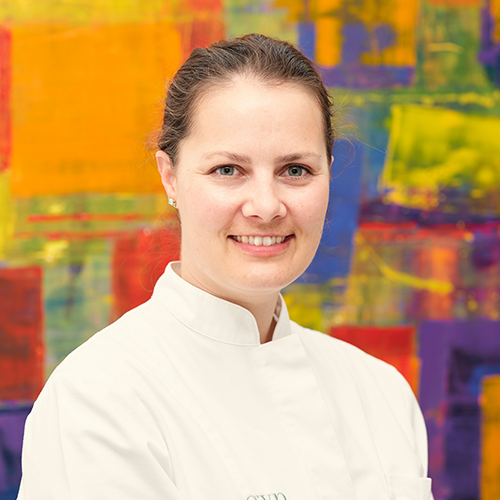Desire to have children. What is allowed in Switzerland?
The desire to have a child is one of the most natural things in the world. Sometimes things just don’t work out the way we imagine. If, after twelve months of trying, it has not worked out with a pregnancy, we recommend a clarification of the involuntary childlessness. The costs of the examination (early-cycle hormone profile, tubal patency check, spermiogram) are usually covered by mandatory health insurance.
If necessary, the health insurance also covers the costs of hormone therapies and 3 inseminations within a calendar year. In vitro fertilization (artificial insemination) is never covered by Swiss basic and supplementary insurance and must always be paid for by the patient.
What is the legal situation? What is actually allowed for whom in Switzerland?
This is stated in the Reproductive Medicine Act.
- Infertility treatments may only be performed on women/couples who due to their age and personal circumstances are likely to be able to care for and raise the child until the child reaches the age of majority. You must live in a stable relationship. You do not have to be married.
- Social freezing: The freezing (cryopreservation) of unfertilized eggs is allowed for a maximum of 2×5 years = 10 years. Germ cells may not be used after the death of the person from whom they were derived.
- Intrauterine inseminations (IUI): Intrauterine insemination involves transferring as many well-motile, fertilizable sperm as possible into the uterus shortly before ovulation after sperm preparation.
- IVF/ ICSI: In an in vitro fertilization, which is also called artificial insemination, we support the maturation of several eggs in contrast to the natural cycle, in which only one egg matures. When the eggs are large enough, egg retrieval takes place. Then an attempt is made to fertilize all the mature eggs. Subsequently, a decision is made whether an embryo will be implanted (transferred) directly or in a later cycle. The remaining embryos can then be frozen. Assisted fertilization may result in a maximum of 12 embryos. Again, freezing is allowed for a maximum of 10 years.
- Preimplantation genetic diagnosis (PGD): In this process, embryos are specifically tested for genetic changes before they are transferred into the uterus. The selection of embryos purely based on their sex is prohibited. Preimplantation genetic diagnosis is subject to strict legal regulation and decisions must always be made on an individual basis.
- Germ cells , oocytes and embryos may not be used after the death of the person from whom they were derived. Sperm cells from sperm donors are excluded.
- Egg and embryo donation, as well as surrogacy, are prohibited in Switzerland.
- Sperm donation: Sperm donation is permitted, but is subject to special authorizations. Conceived children have the express right to know the identity of the sperm donor when they reach the age of majority. The sperm donor must be tested for communicable diseases. Each donor is allowed a maximum of 8 pregnancies, after which they are barred from further donations. The donor may provide his sperm to only one site. Sperm donation may only be used for married couples. As of July 01, 2022, same-sex couples are now allowed to marry. This resulted in an amendment to the Reproductive Medicine Act. Sperm donation is now also possible for them.
If you have any further questions, please do not hesitate to contact us.
Sources:
- https://link.springer.com/article/10.1007/s10304-020-00369-0
- Reproductive Medicine Act, FMedG (amendment of 01 July 2022)
